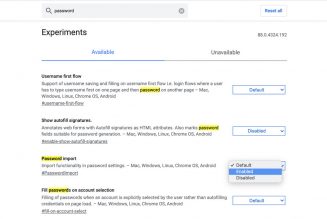
The latest update to Overcast, a popular iOS podcast app, is bringing new transparency to podcast ads. Listeners who are in the beta can now view the services their favorite podcasts use to serve ads and track listeners. This means listeners will be able to tell when a podcast is using dynamic advertising, which allows networks to swap and target ads based on the specific person listening. For most people, this likely won’t change the shows they enjoy, but for the audience that cares or wants more information about how a podcast serves them ads, it’s a notable transparency feature that isn’t yet available in any of the other major podcasting apps.
This distinguishes Overcast particularly from Spotify, which gathers more information than any other platform with little transparency. Because Spotify users listen to music and podcasts under the same account, the platform knows what content they consume outside of an individual show as well as where they’re based, how old they are, their billing info, and their actual name. The same could eventually go for Google when and if it builds out its Google Podcasts analytics dashboard or gets into serving podcast ads. Google already runs a vast ad-serving platform that pulls from a wide range of data, notably information from users’ Gmail accounts, search history, and browsing activity to target them with ads.
Overcast’s beta is open to the public, and to view a show’s privacy settings, you’ll just have to tap on the show and then select privacy and tracking. From there, you’ll see the lists of services it uses and what those services do. For example, The Vergecast uses Megaphone to host its podcast, track, and insert its dynamic ads. It also relies on Chartable, a podcast marketing company, for further tracking and stats collecting, as well as Podsights and Podtrac for even more tracking and stats. Within Overcast, you can tap on the services to learn more about them.
You can’t opt out of this tracking, but the feature might at least make more people aware that it’s happening. Compared to web tracking, podcast ads are primitive. Even with these various services, most podcasters only know where their audience is based because of their IP address and what kind of device they use to access a show.
Overcast’s feature might only be available for beta users, and relatively nascent in the podcasting ecosystem overall, but as the industry evolves, and podcast ads start to more closely mimic web ads, it’ll likely become an intriguing way to keep tabs on podcasters’ data mining efforts.









